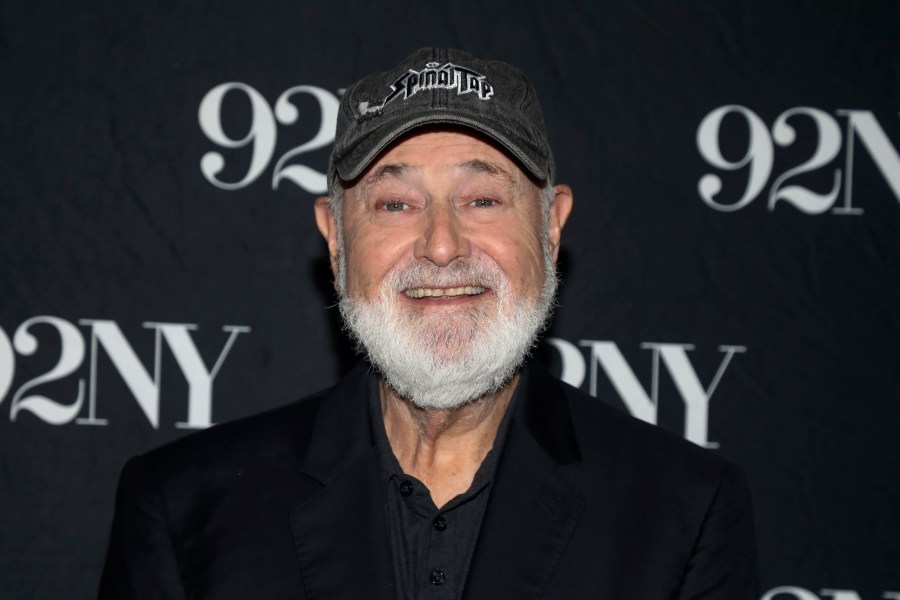BREAKING: Former Vice President Dick Cheney has died at the age of 84. His family confirmed that Cheney passed away Monday due to complications from pneumonia and cardiac disease.
Cheney, a prominent figure in U.S. politics, was known for his hardline conservative stance and pivotal role in advocating for the invasion of Iraq. He served as Vice President under his son, former President George W. Bush, following a distinguished career as Secretary of Defense during the Persian Gulf War.
Cheney’s influence extended beyond his vice presidency. In recent years, he became a vocal supporter of his daughter, Liz Cheney, especially as she emerged as a key critic of Donald Trump and his actions related to the January 6, 2021, Capitol insurrection. This familial bond showcased Cheney’s enduring commitment to his political beliefs amidst a rapidly changing political landscape.
The news of Cheney’s death comes at a time when the nation grapples with significant political tensions. As voters prepare for crucial elections across the country, his legacy will undoubtedly be a point of discussion in the ongoing debates about U.S. foreign policy and the Republican Party’s future direction.
Cheney’s passing marks the end of an era characterized by fierce partisanship and a complex legacy that has drawn both admiration and criticism. His role in shaping U.S. policies—especially in the Middle East—will continue to resonate as current and future leaders navigate the challenges of governance.
As details emerge regarding the arrangements for Cheney’s memorial, many will reflect on the profound impact he had on American politics and the polarized views he inspired during his long career.
NEXT STEPS: The nation will be watching how political leaders and institutions respond to Cheney’s death and what it signifies for the future of American conservatism.






